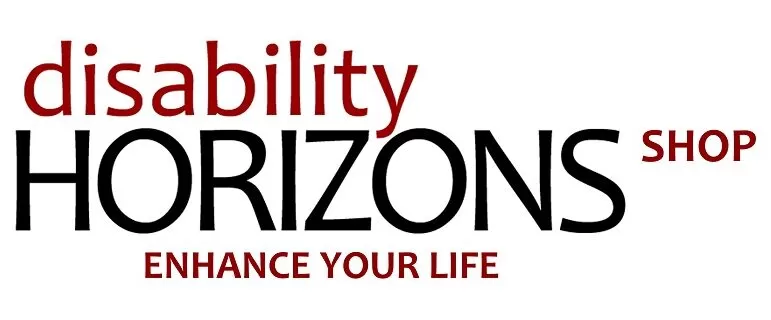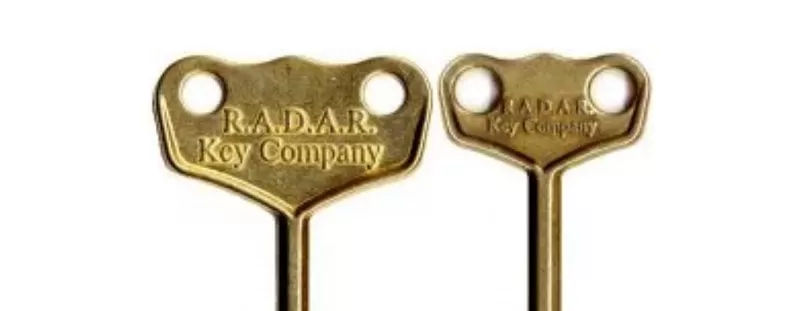The RADAR key scheme is a commercial scheme that provides keys and locks so that eligible people with a disability or health condition can access tens of thousands of accessible toilets across the UK.
Here at Disability Horizons, we go through all you need to know about the RADAR key scheme – what a RADAR key is, the history of the scheme, who is eligible for a RADAR key, finding accessible toilets, the difference between a real or fake RADAR key and different RADAR key schemes in other countries.
Check out our genuine brass RADAR keys on the Disability Horizons Shop.
What is a RADAR key?
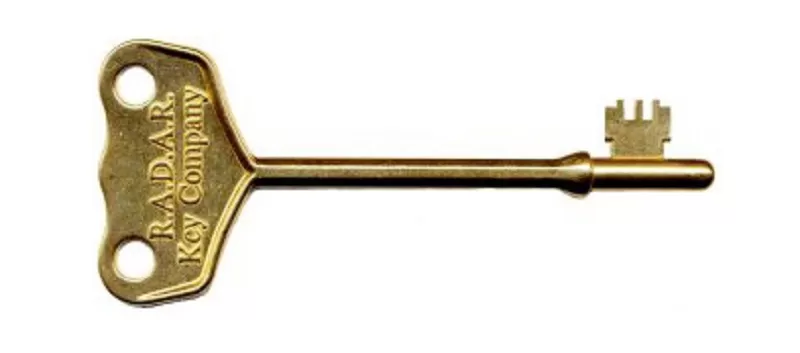
A RADAR key is a simple yet vital product that allows disabled people to access over 20,000 accessible toilets and access routes nationwide in the UK.
The disabled toilet in your local supermarket, restaurant or leisure centre should be easily accessed with a RADAR key, without the need to ask for permission.
Whether you have a physical or hidden disability, a RADAR key provides you peace of mind and dignity whilst out and about.
Disabled toilets are usually locked because they get used and abused by non-disabled people. This is often by ignorant members of the public who have no idea how important it is to keep them free for people who need them. Even Ian Duncan Smith MP was caught using a disabled toilet!
If not kept locked, they seem to attract vandalism, be used as storage cupboards, for illegal drug-taking, sex, rough sleeping and all sorts of other non-toilet-related activities.
There is no standard that demands public accessible loos to be locked with a RADAR lock but the vast majority do use them if they are locked. It all depends on the toilet provider –some have a local key, a code, an intercom or a card. Some you have to pay for entry.
The history of the RADAR key scheme
The RADAR key scheme began 40 years ago when Nicholls & Clarke came up with the idea of the RADAR lock. The organisation R.A.D.A.R (Royal Association for Disability Rights) agreed to allow its brand to be used for it and the National Key Scheme (NKS) was born.
The first RADAR locks were fitted in 1981 to help keep accessible toilets free and clean for disabled people.
Before RADAR locks were introduced, many public disabled toilets were locked by staff, meaning that disabled people could only use the toilet on request.
There were additional issues where the key couldn’t be located by the staff member, or the person who had it wasn’t on duty that day.
Thankfully, with the NKS, people with a disability or health condition can now use accessible toilets without having to ask someone to let you in.
The RADAR Key Company has made the majority of all keys for RADAR locks and were the sole supplier of keys to RADAR from 1992 until RADAR shut down. It continues to manufacture RADAR keys for individuals, companies, retailers and organisations across the UK.
Thomas Gordon, the owner of The RADAR Key Company, has been making RADAR keys since 1984 in Exmouth Devon, where he has a factory, office, stores, retail shop and three employees.
“I received a phone call from RADAR out of the blue.”, said Thomas, explaining how he started out making RADAR keys.
“They told me that they had been dissatisfied with the quality and pricing of their previous key supplier and had been losing money from servicing the sales of individual keys.
They had been directed to me in Devon, after making enquiries in London and we were able to improve both the quality and price for two decades”.
Real vs fake RADAR keys
In the UK, there is only one National Key Scheme (NKS) for disabled toilets but many people make keys for it with varying degrees of success.
The term “RADAR Key” has become so generic for all keys that are made to fit these locks, that the RADAR Key Company has for years described its unique, solid brass keys as “RADAR Key Company keys” to emphasize that not all “RADAR” keys are the same or as reliable as theirs.
A real RADAR Key Company key can be identified by checking if it says either “Radar NKS”(on the heritage steel keys) or “Radar Key Company” (on the solid brass keys – which we sell on the Disability Horizons Shop). If not, then it is not a genuine RADAR Key Company key.
The Radar toilet locks have very close tolerances, which demand especially accurate keys if they are to reliably work in every one of the 20,000+ locks.
These keys have extra machining operations, are more accurately cut on two-tonne computerised machines, are more reliably made (in Britain unlike all the other manufacturers) and every single one is individually tested by a master locksmith, at least three times during the manufacturing process.
Who is eligible for a RADAR key?
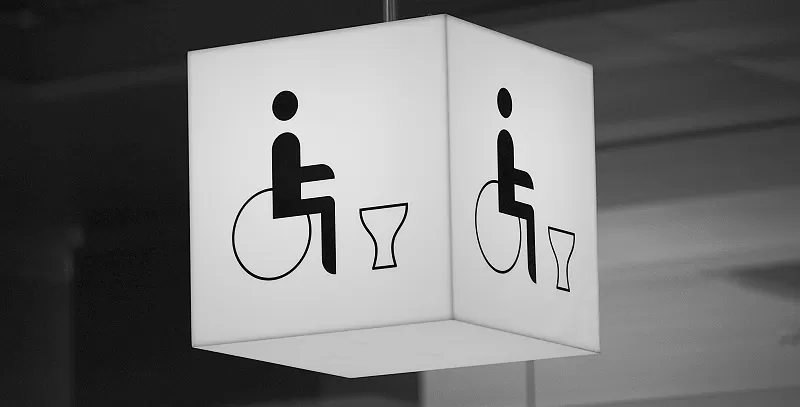
Qualification is by self-certification. You must have a mental or physical disability which is helped by using the key to access the specialist facilities available in accessible or Changing Places toilets.
Most people who require an accessible toilet tend to be wheelchair users or have a mobility impairment. There are also people with hidden disabilities, such as sight loss or those with catheters and colostomy bags who also need a key.
Finding accessible toilets in the UK
To find an accessible toilet or a Changing Places toilet (a disabled toilet that is larger with an adult-sized changing table and ceiling hoist), you can simply search for one by using apps such as AccessAble and The RADAR Key Company’s Changing Places Toilet Finder.
The RADAR Key Company is also soon to launch its free Apple and Android apps for accessible toilets too, which are the most complete UK guides ever made. The apps will even tell you the location of the nearest bus stop to take you there plus the time of the next bus.
Once the apps are launched, you can find them all at www.loo.org/apps. If you register for the Changing Places app. then it will automatically inform you when the accessible toilet app goes live.
Thomas said: “All my employees and myself have disabilities, which motivates us to consistently make the very best keys and to understand how important it is to have a comprehensive and up-to-date guide to find accessible toilets for disabled people, who often plan trips out around that information.”
RADAR key schemes in other countries
There are a few different RADAR key schemes in other countries, which you can use as a citizen or visitor.
In the Republic of Ireland, The Irish Wheelchair Association (IWA) has the IWA key system and the keys are available from J. Williams Locksmiths, Dublin.
In Europe, the Euro WC key is available from Club Behinderter und ihrer Freunde. It works mainly in Germany, Austria and Switzerland.
In Australia, 250 disabled toilets can be opened by the AUS Master Locksmiths Access Key (MLAK).
Buy our Genuine brass RADAR keys
On the Disability Horizons Shop, we sell genuine, approved RADAR NKS keys that are made of solid brass, tested and inspected by British Locksmiths.
We have two head-sizes of RADAR key available – the smaller head is more compact and easy to store, and the larger head provides better grip and leverage for those with limited dexterity.
The RADAR key features include:
- a unique handle with raised edges for extra grip
- octagonal shaft for easy identification by feel.
- no sharp weld flash to cut fingers or obstruct insertion into lock
- one piece- no potential weak points from welding error.
- fully rounded nose to aid easy insertion into lock.
- bevelled keystop to aid removal from door.
You can also add style by purchasing from our new range of RADAR keys that come with Harris Tweed key fobs made from pure virgin wool, dyed and spun in the Outer Hebrides.
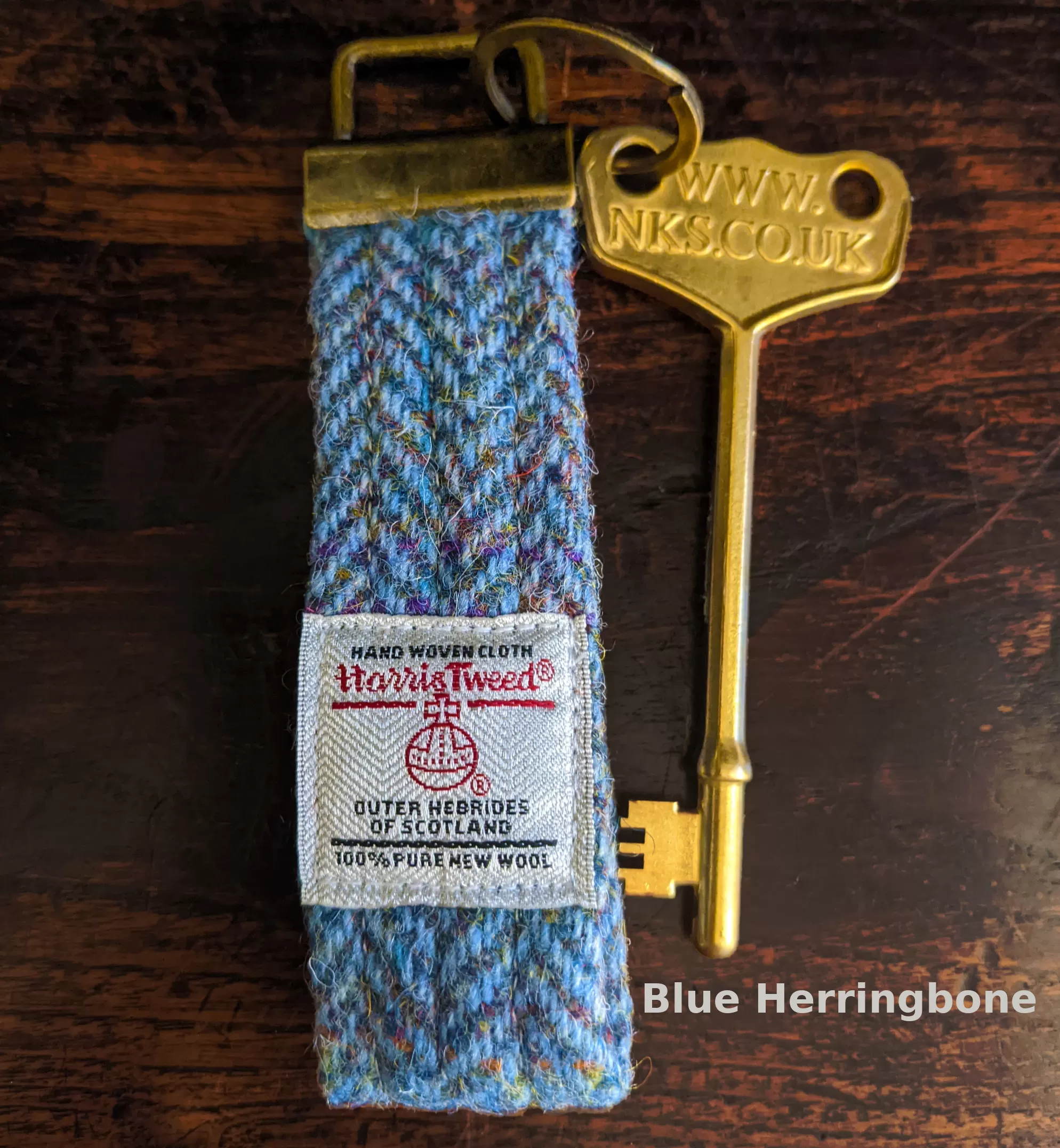
Our quality Harris Tweed key fobs feature a good-sized key ring, to allow you to add all your other keys as well.
We also sell a “Don’t Take Me Home” large key fob that can attach to your RADAR key to prevent carers, relatives and friends from accidentally putting the RADAR key in their bag or pocket and taking it home with them.
Check out Zec Richardson’s review of the genuine brass RADAR keys.
Head to the Disability Horizons Shop to buy your genuine brass RADAR key and have peace of mind when accessing disabled toilets.
By Disability Horizons
More on Disability Horizons…
